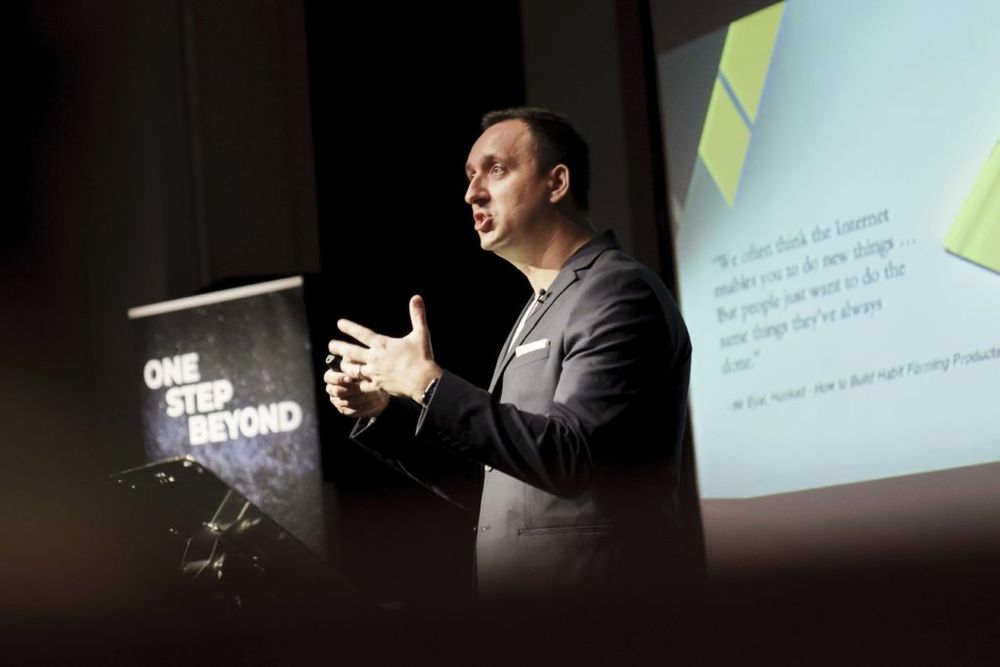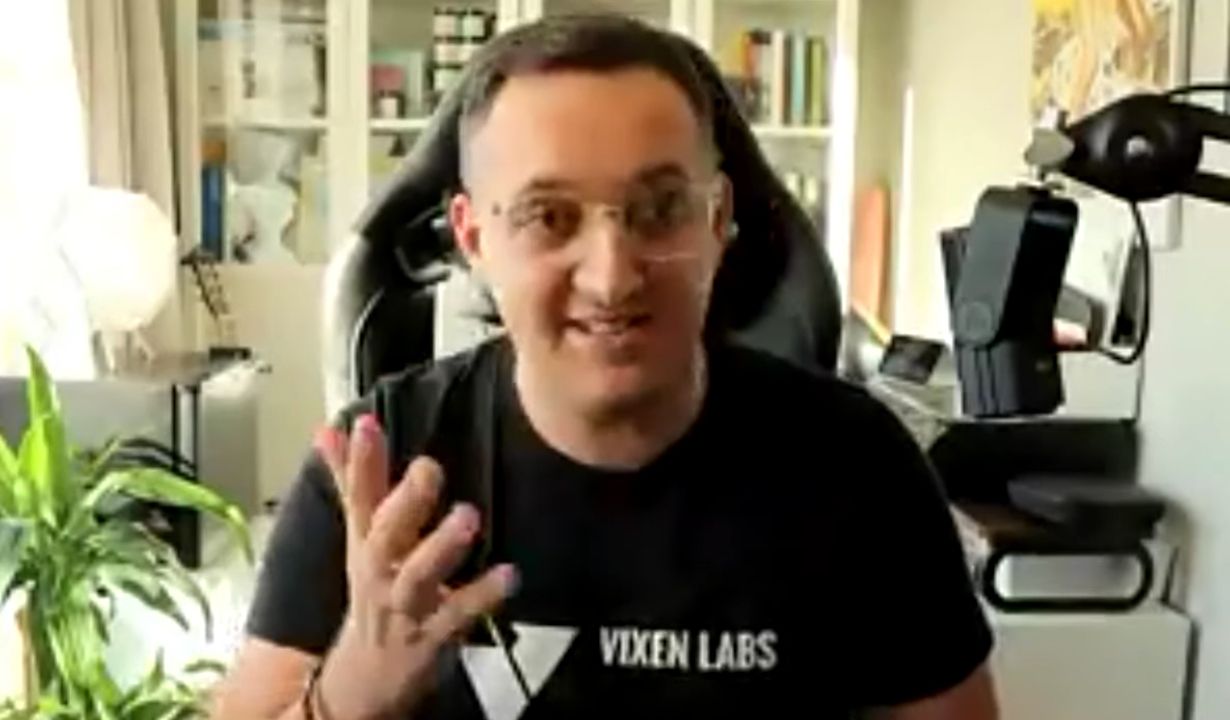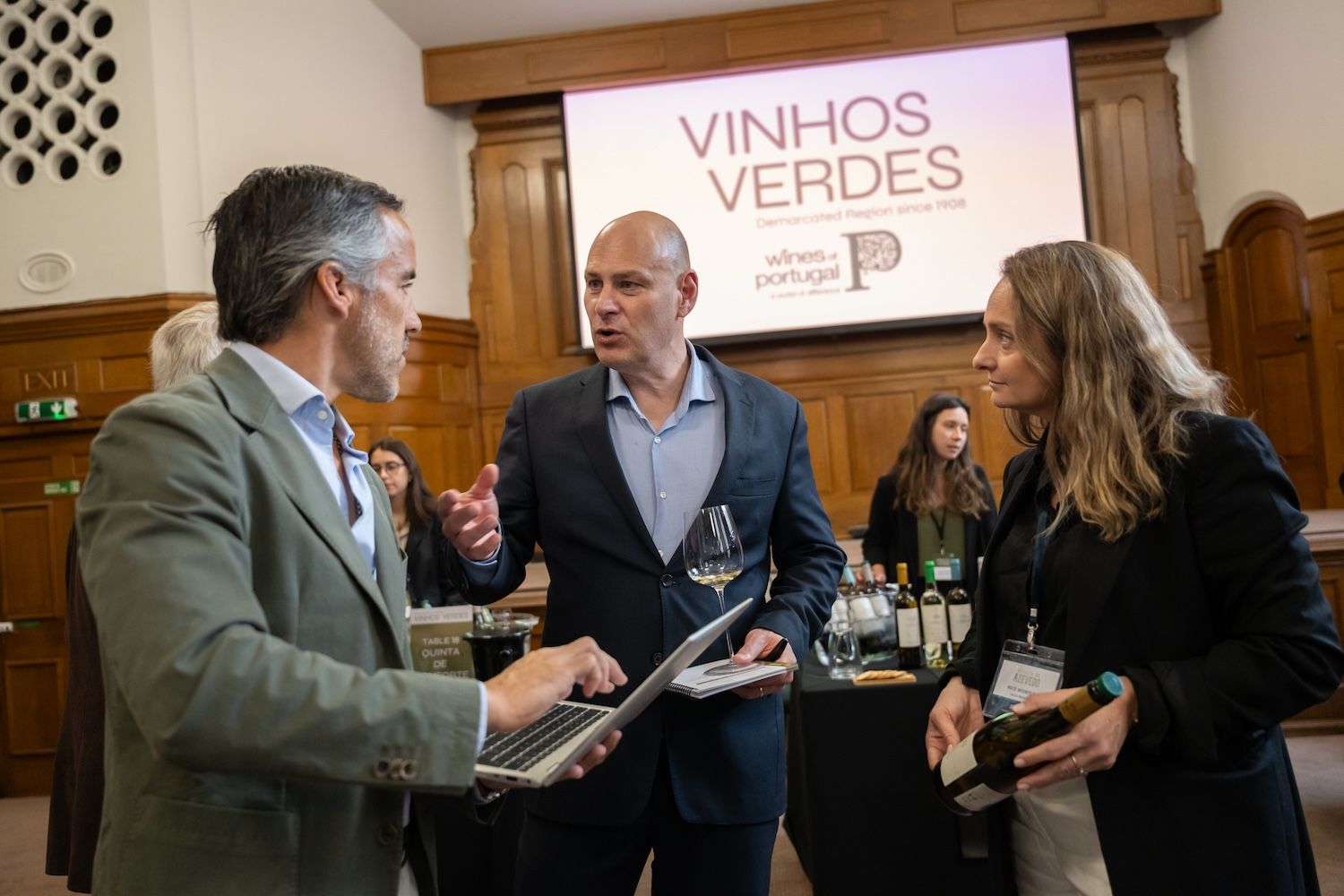We will no longer need to fret about how much our pay by click advertising budget is, more how we literally get our share of voice online if we want to be seen or heard, says James Poulter of Vixen Labs.
One aspect of our personal behaviour that has not been locked down during Covid-19 has been our ability to speak. So whilst we have not been able to physically go very far for most of 2020, we have been able to travel the world by going online and taking part in Zoom sessions or closer to home direct our voice assistants to bring what we need to us through the power of speech.
It’s an area that James Poulter of Vixen Labs believes is going to dominate the way we live our lives, pandemic or not, in the future. Which was very much the thrust of his recent talk as part of the One Step Beyond webinar – dedicated to analysing the fastest changes to consumer and technology trends – following on from the presentation he gave at the inaugural event, in person, in March.

James Poulter set out how important voice search is going to be in his talk at the first One Step Beyond event held in March
The simple reason why voice and voice command is going to become so much more important, particularly in our working life, is that voice technology is going to become a specific commerce channel in its own right, claims Poulter.
The challenge for businesses and brands will be to work with the likes of Vixen Labs to create experiences and applications that work with voice for their products and services, so that you can be found – and heard – on the likes of Amazon Alexa.
Technology overload
Poulter based his new talk on the key findings in Vixen’s new Voice Commerce Report which actually starts from the premise that the reason why voice is going to become more prevalent is due to technology overload. Even before Covid-19 there were concerns about how much of our time was spent in front of screens, but that has gone up dramatically over the last few months of lockdown.
(Click here for James Poulter on rise of voice search during Covid-19)
As Poulter quotes “humans are not wired to be constantly wired” but that is the state we now find ourselves increasingly in. Zoom or Teams fatigue has already become a “thing,” he says.
We are therefore now ready for a more “humanised way of doing computing and connecting with the internet”. Which explains why the use of voice assistants during Covid-19 has gone up by 40% in some studies, says Poulter.
And as people use them more, the reason for doing so evolves to the point where Poulter argues that voice is no longer “just about a speaker, but an eco-system”. We are now becoming “trained” to use voice wherever we go “from connected headphones to using voice via our car and on our phone”.
Covid itself is playing a part where we would rather not have to touch shared public surfaces, and are much happier interacting by voice – never mind trying to open our phones with face recognition when we spent so much of our time having to wear a mask.
Touch free voice enabled
“Touch free, voice enabled” is the way we are going to want to increasingly go about our daily lives, he stresses. Particularly with the wider roll off out of new devices such as the Amazon Echo Auto for car enabled voice assistant.
(Click here for James Poulter on why voice is becoming a major force for business)
All of which means “voice is truly becoming the new way of consuming the internet”. Which is having an impact on what we search for and how we shop.
Vixen’s research shows that in the last year 44% of consumers are now making purchases via voice, to varying degree across different platforms and devices.
Of which 53% of 25 to 33 year old parents will use voice to order a food delivery, or a takeaway, whilst four in 10 parents overall will use voice to book tickets for an event or make a trip.
Food delivery is the number one reason why consumers of all ages – 48% – are happy to use voice for their order (20% of over 65s). This varies to 40% for retail purchases, 38% for finance and 32% for entertainment.
It also found that 70% of users are searching for information about specific brands. Not the category overall, but an actual brand. Hence why it is now so important for brands to be “discoverable” by voice search, stresses Poulter.
Its research breaks down into:
- 22% of users will “always” use a voice platform to search for information on a product or a service.
- 26% will do “sometimes”
- and 32% will do so “occasionally”. That could cover stock levels, product information, through to a store’s location and opening hours.
Then when they are out and about they will use connected headphones to check on where they are going (41% at least once a month), or through car voice systems (45% at least once a month).
The rise and acceptance of wearables like Apple Watch, and built in voice systems on Bose headphones, will only increase this in time, says Poulter.
In terms of what platforms people are using then in the home it is Amazon Alexa by far, but then on phone it is Google voice that users prefer, he adds.
Retailing with voice
(Click here for James Poulter on how retail is making a difference with voice)
Poulter says retail is now becoming a “growing” sector for voice with up to 30% of users now making retail purchases via voice. But up to 49% are using voice to do their research, particularly around pice and availability.
Within food and drink, Poulter has seen a number of food and wine pairing voice applications launch in the last six months. Shopping lists are being created and people are becoming used to adding extra items to baskets via voice, he says.
There are, though, perhaps not surprisingly big differences in age groups in terms of using voice. For example, 93% of 18-24 year-olds are happy using Siri on their smartphones. It even splits between men and women with 67% of women happy to use voice in public, compared to 56% of men.
To close Poulter stressed the need for the drinks industry to take voice seriously. It is going to become the “primary” way people “access your brands” so if you are not active in voice you won’t be heard. Voice search is already happening in the home, but also when people are out travelling and in stores and on-trade outlets.
“This is a trend that is bedding in and not going back in the other direction.”










































